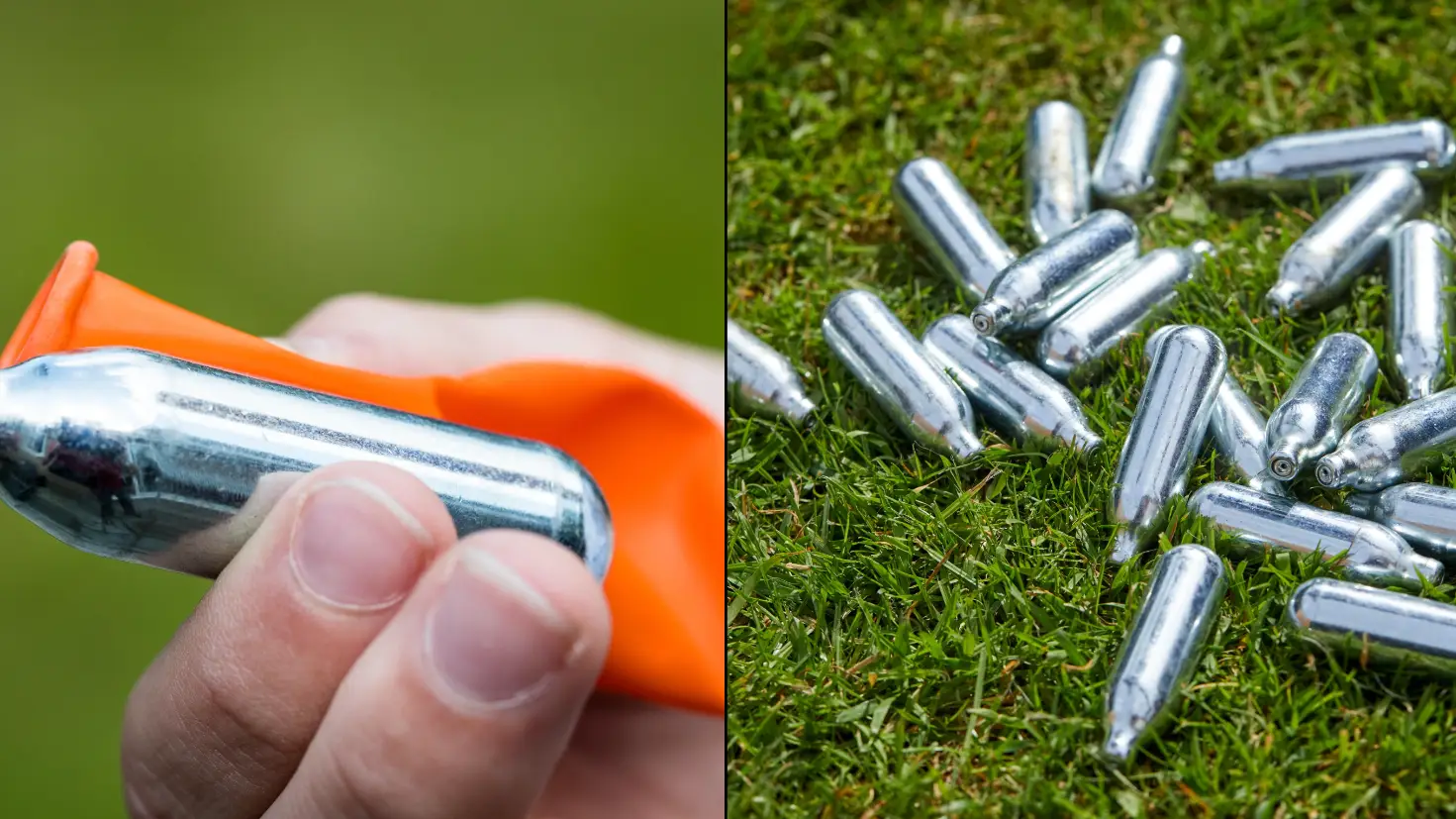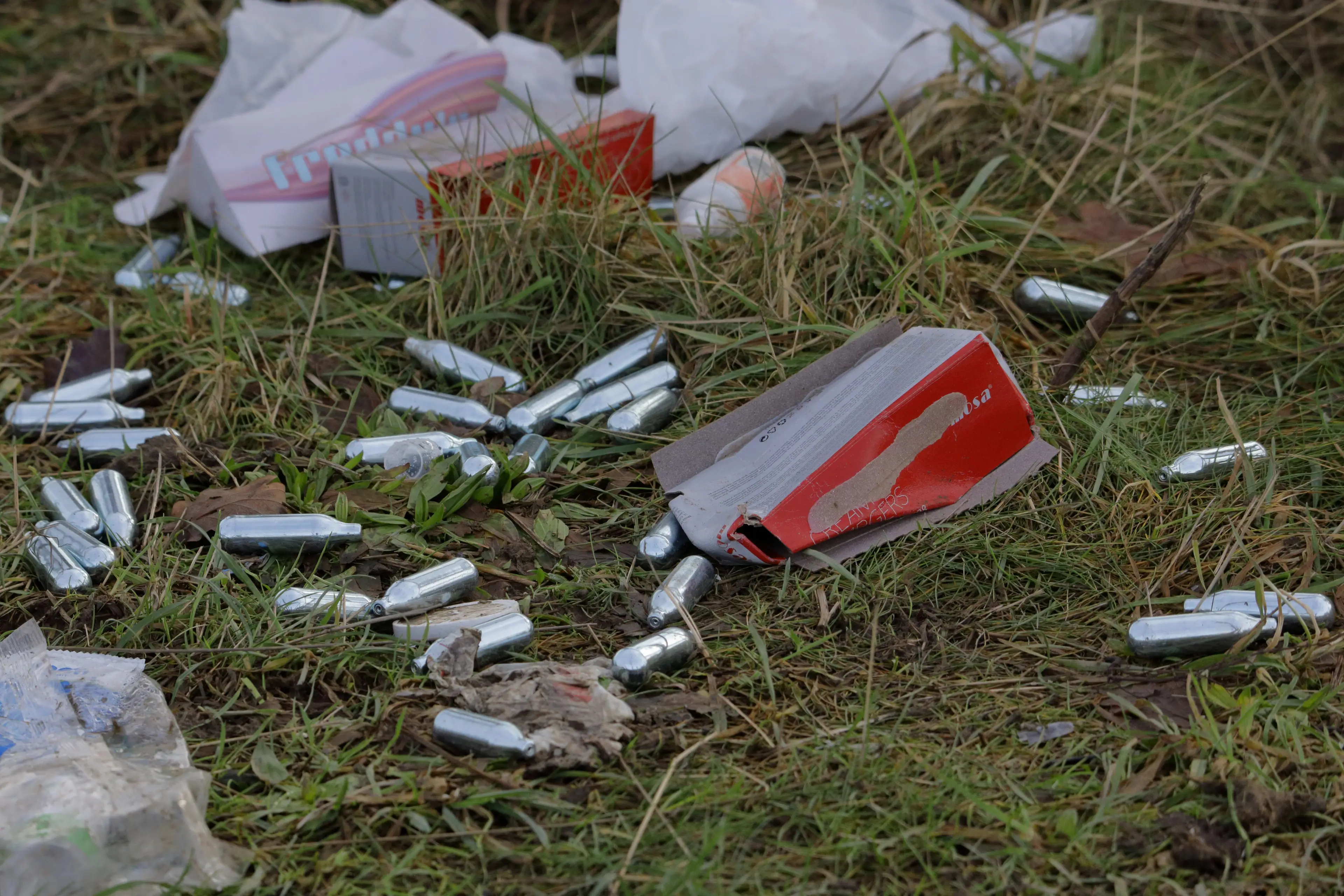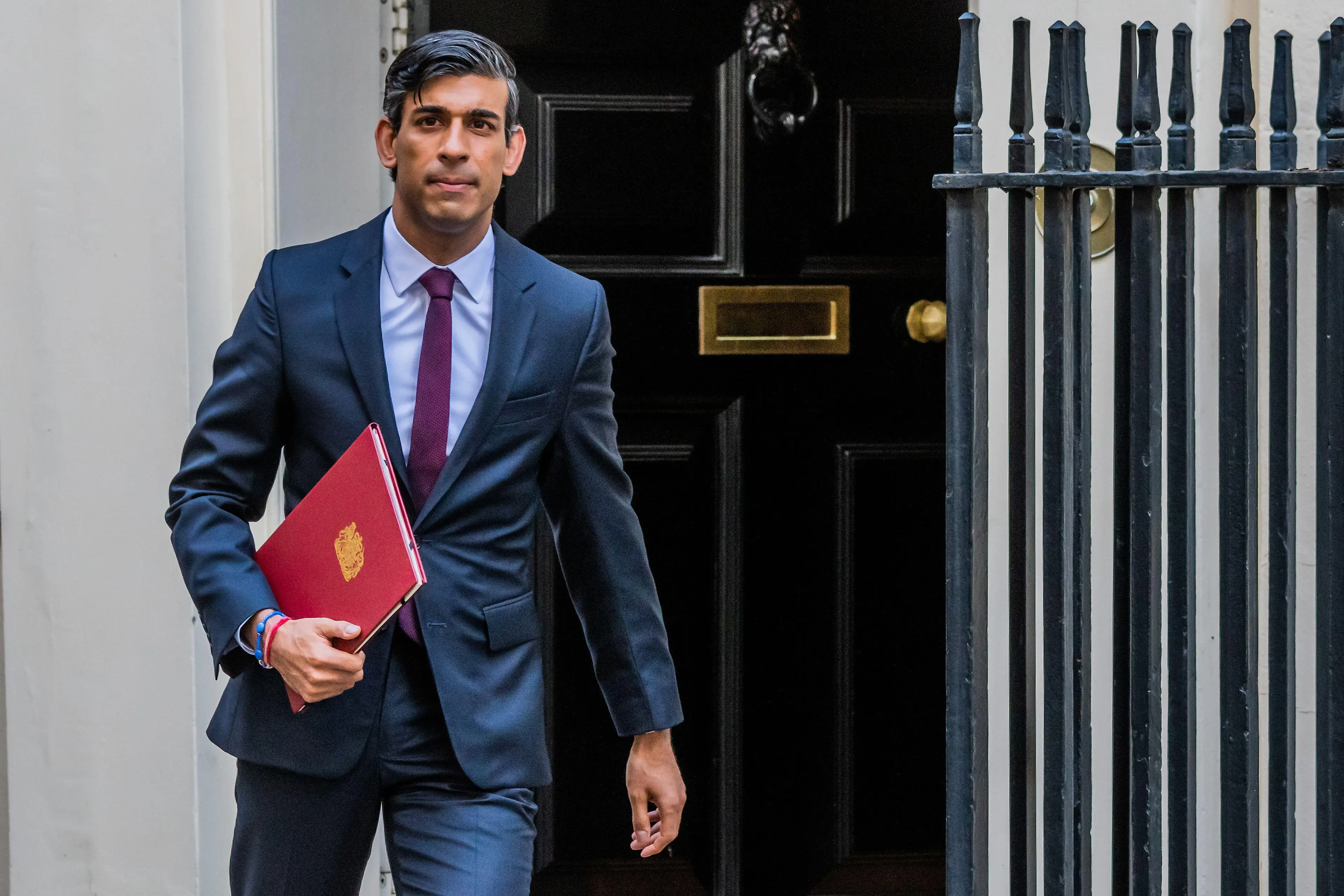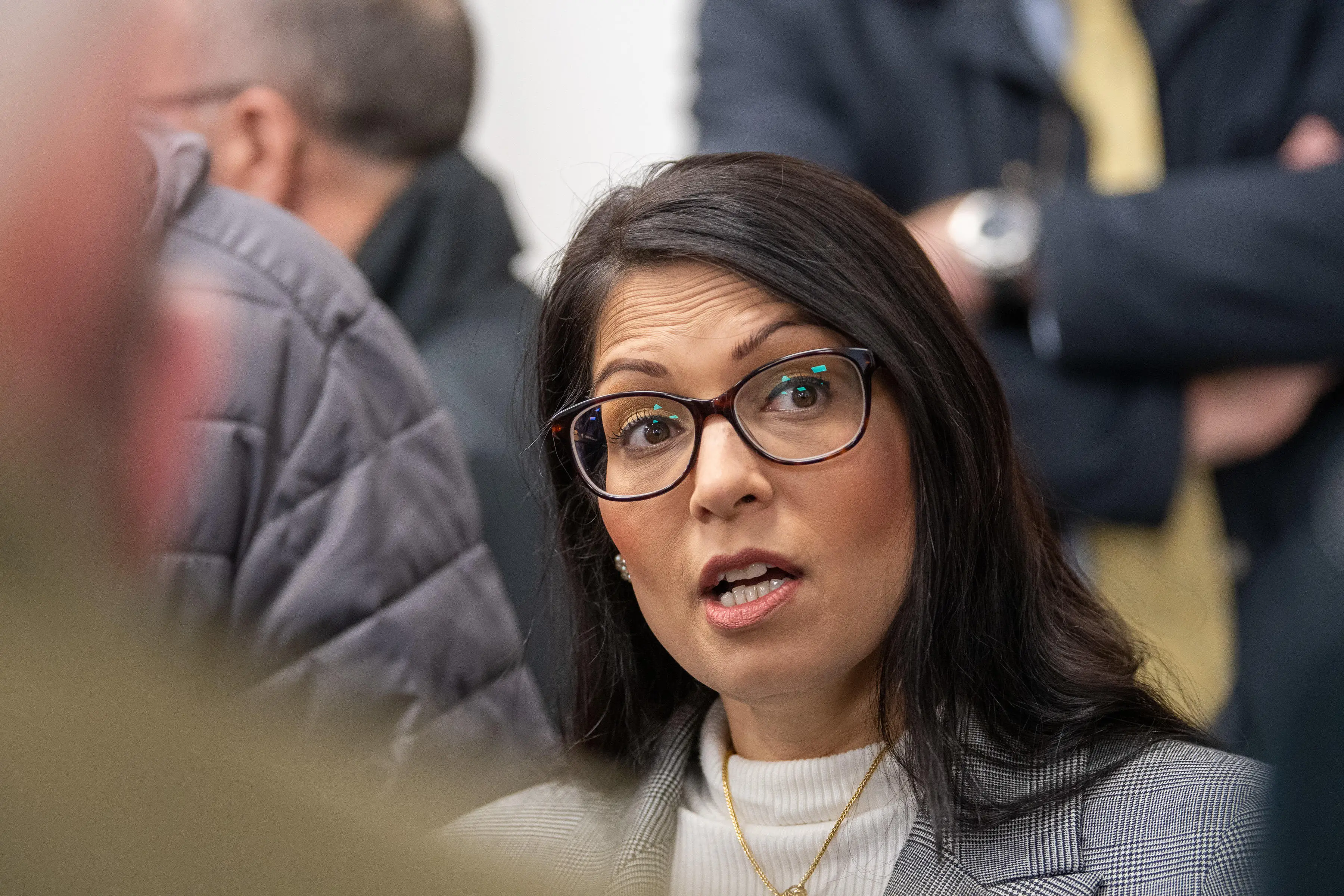
Laughing gas could be banned as part of UK Government's bid to tackle antisocial behaviour associated with the substance which has become the second most commonly used drug.
The proposed legislation would see those selling or in possession of nitrous oxide, better known as laughing gas, potentially prosecuted.
However, there are people who would be exempt from these rules under current plans.

Advert
Only those with ‘legitimate reasons’ would be exempt from the rule, including medical practitioners and those in the food industry.
The gas is often used as pain relief during childbirth and dental treatment, giving patients a sense of euphoria when administered.
It is this side effect which has made laughing gas so popular with recreational drug users, who often use cream canisters and balloons to inhale the drug.
Also known as 'balloons', the drug has also been said to cause feelings of calmness as it slows the body’s responses.
Often seen as a young person’s drug, the substance is cheap with boxes of 48 canisters retailing for under £20 which has fuelled increasing use at festivals and raves.
However, the drug is far from harmless.

As well as impairing users’ memory, laughing gases cause paranoia, sound distortions and nerve damage.
According to the Office of National Statistics (ONS), there have also been over 60 deaths related to laughing gas within the last five years alone with the drug becoming the second most commonly used substance in 2021.
Despite this and the fact that recreational consumption has been banned since 2016, the ONS has reported that up over 8% of 16–24-year-olds used laughing gas in 2020 alone.
A recent YouGov poll also found that only 30% of Britons thought balloons were harmful, compared to a staggering 53% who viewed tobacco as dangerous.
The most recent bid to ban the drug has been proposed by Prime Minster Rishi Sunak, who has vowed to crackdown on the drug and the growing number of abandoned canisters on the UK’s streets.
A potential ban of the drug has also been backed by the Home Office, with Michael Gove stating on Tuesday that the UK government would working to tackle all forms of antisocial behaviour with new measures to be announced soon.
Currently, the Misuse of Drugs Act means that it is illegal to sell laughing gas for recreational use and those caught doing so could face prosecution.

Those caught doing so could face up to seven years in prison and possibly, an unlimited fine.
However, possession and purchasing the drug remains legal much to the frustration of the British Compressed Gases Association.
The group would like to see a total ban of the sale of nitrous oxide to private individuals and tighten the laws surrounding the gas.
Whilst the government has yet to confirm whether it will ban the substance, it has attempted to pass similar legislation in recent years.
In 2021, then Home Secretary Priti Patel ordered a review in the drug and announced that she was willing to take ‘tough action’ to combat it’s use.
LADbible has contacted the Home Office for comment.
Topics: Drugs, Politics, Rishi Sunak, UK News